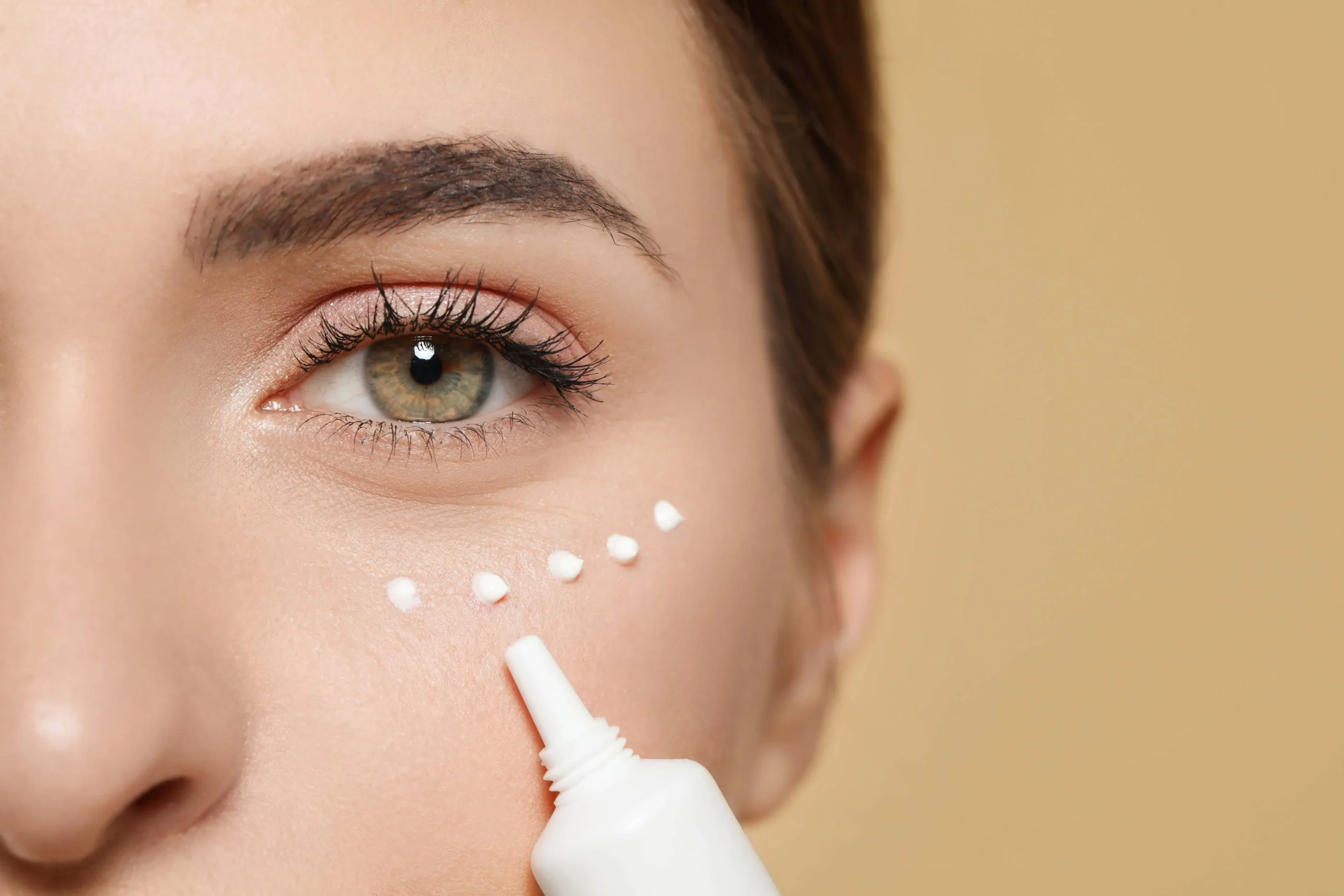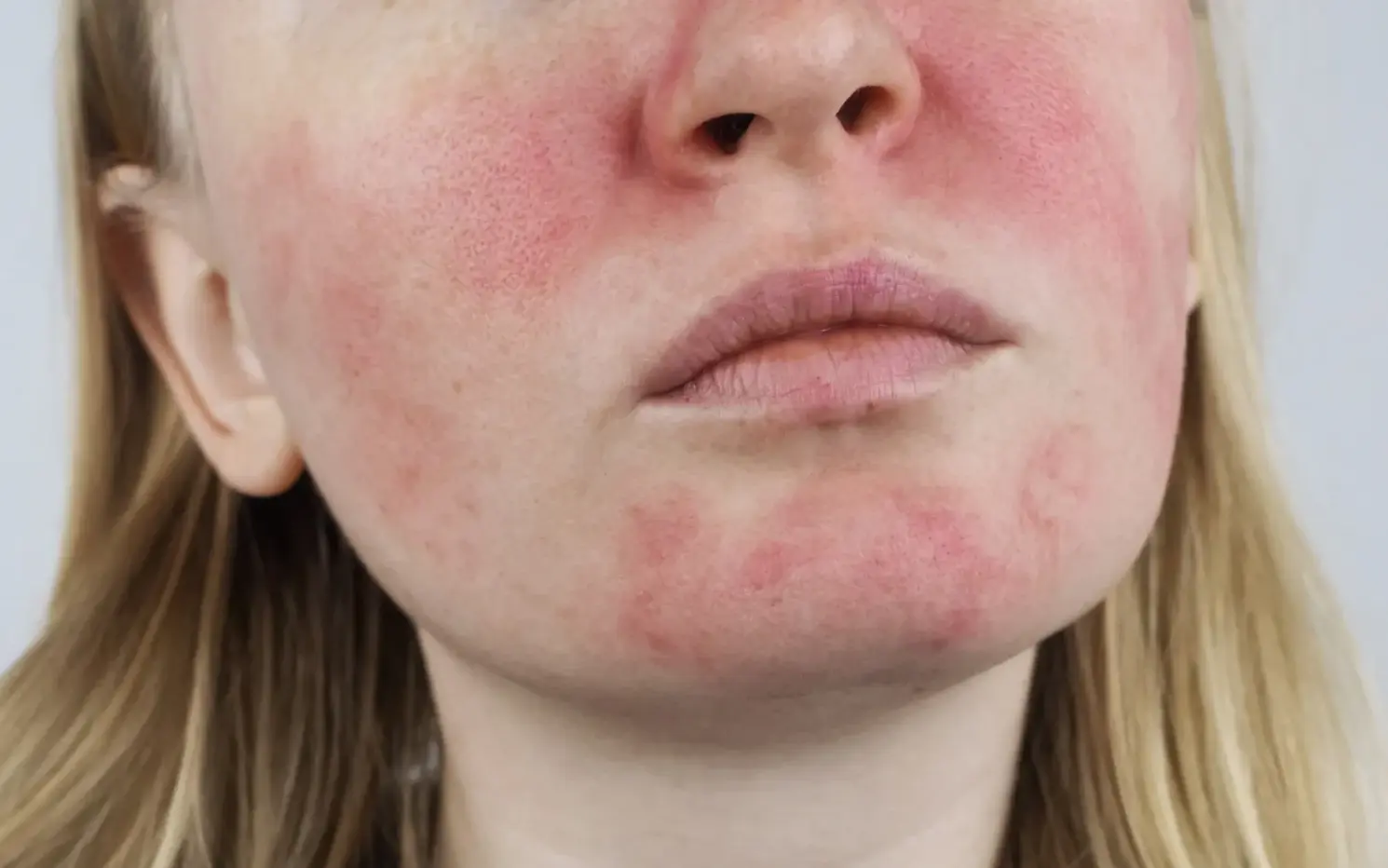Understanding the nuances between dry and dehydrated skin is crucial for effective skincare. While the terms are often used interchangeably, they refer to different skin conditions that require distinct approaches.
What is Dry Skin?
Dry skin is a skin type characterized by a lack of natural oils, which can result from genetics, environmental factors, or skin conditions like eczema. Symptoms often include:
- Flakiness
- Rough texture
- Redness
- Itchiness
People with dry skin typically need to focus on moisturizers that provide rich hydration and barrier support. Ingredients like shea butter, ceramides, and oils can help restore moisture and improve skin texture.
What is Dehydrated Skin?
Dehydrated skin refers to a lack of water in the skin, affecting people regardless of their skin type. It can be caused by various factors, including climate, diet, and lifestyle. Common signs include:
- Tightness
- Dullness
- Increased sensitivity
- Fine lines or wrinkles
Dehydrated skin often requires lightweight, hydrating products that replenish water levels. Look for ingredients like hyaluronic acid, glycerin, and aloe vera, which help draw moisture into the skin.
Key Differences
| Symptom | Dry Skin | Dehydrated Skin |
| Flakiness | ✔ | |
| Rough texture | ✔ | |
| Tightness | ✔ | |
| Dullness | ✔ | |
| Redness | ✔ | |
| Itchiness | ✔ | |
| Increased sensitivity | ✔ | |
| Fine lines/wrinkles | ✔ |
Treatment Approaches
For Dry Skin
- Moisturizers: Use rich creams and oils that contain occlusive ingredients to lock in moisture.
- Gentle Cleansers: Avoid harsh soaps; opt for hydrating cleansers that won’t strip natural oils.
- Humidifiers: Consider using a humidifier in dry environments to maintain moisture
For Dehydrated Skin
- Hydrating Serums: Incorporate water-based serums into your routine to boost
- Increase Water Intake: Drinking enough water throughout the day is essential for skin
- Avoid Hot Showers: Hot water can exacerbate dehydration; opt for lukewarm water when washing your face.
Conclusion
Recognizing the difference between dry and dehydrated skin can help you tailor your skincare routine effectively. If you’re unsure, think about getting personalized advice from a dermatologist. You can attain a healthier, more radiant complexion by being aware of your skin’s requirements and choosing the appropriate products.





